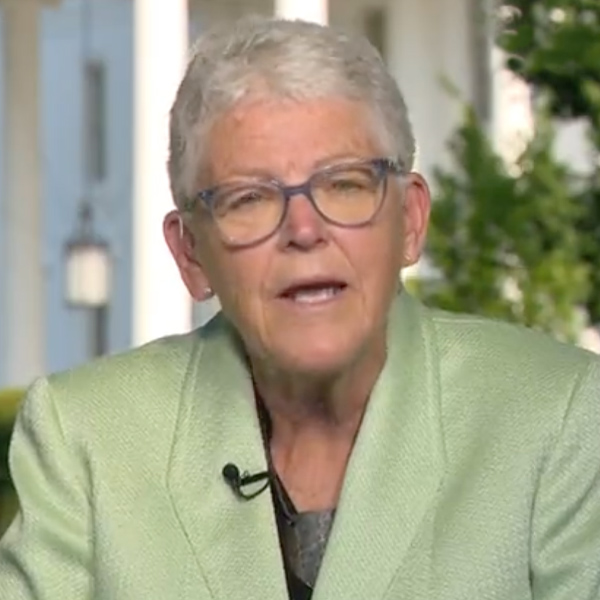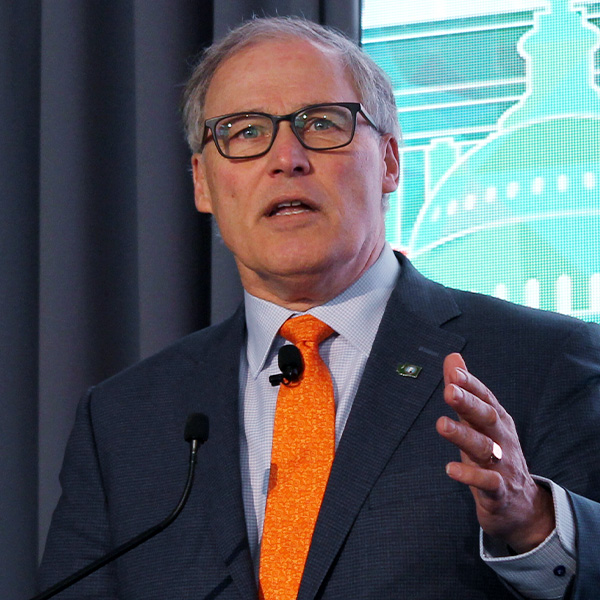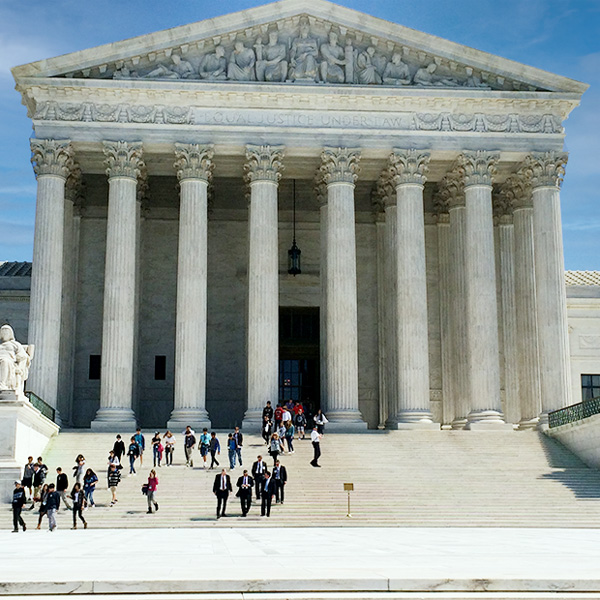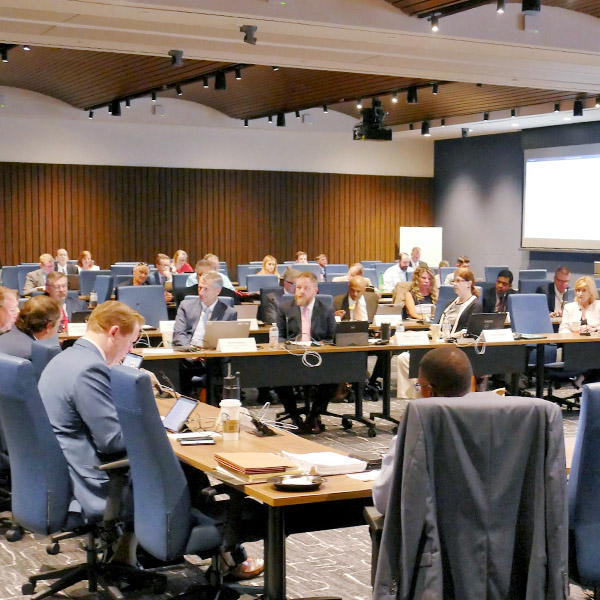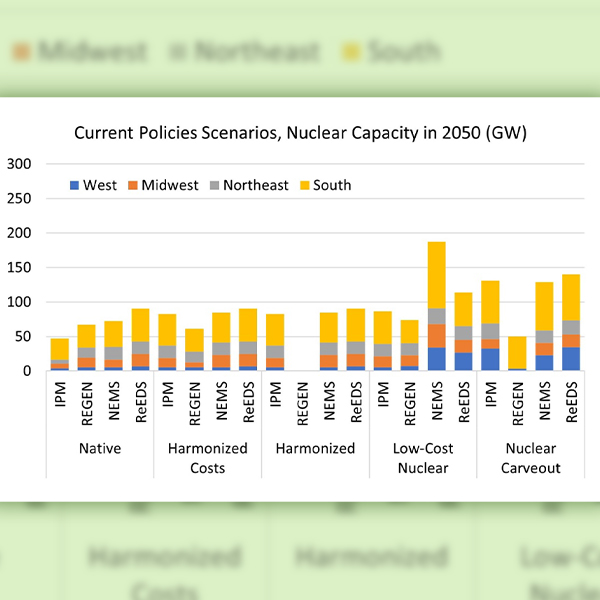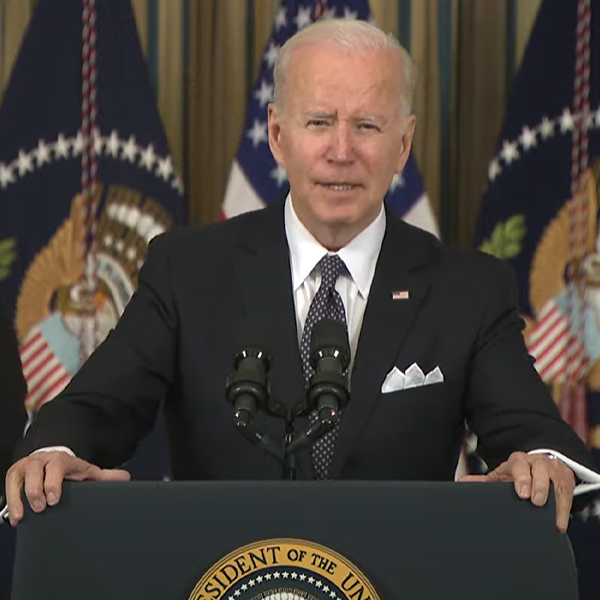Environmental Protection Agency (EPA)
A NARUC session on carbon emissions from power plants weighed the potential effects of the Supreme Court's decision in West Virginia v. EPA.
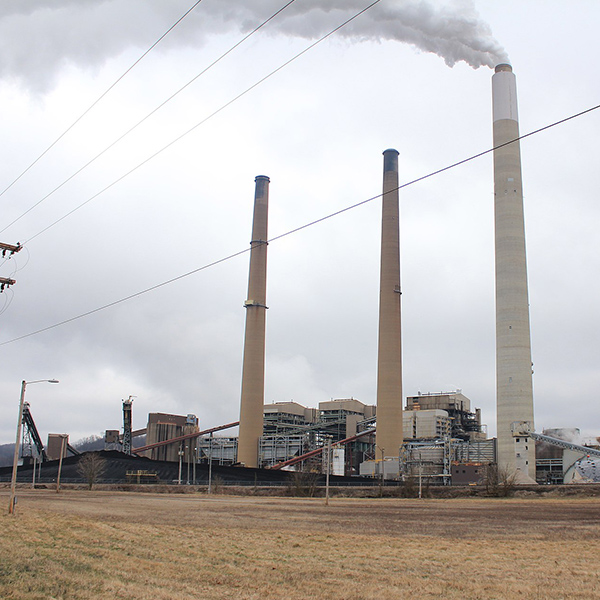
FunksBrother, CC BY-SA-4.0, via Wikimedia
A panel of legal experts said the Supreme Court decision in West Virginia v. EPA could place constraints on congressional efforts to address climate change.
The Biden administration will continue to seek private industry's help in cutting GHG emissions following the Supreme Court ruling limiting EPA's powers.
Reactions to the Supreme Court’s decision in West Virginia v. EPA came fast and, predictably, framed with an eye on the upcoming midterm elections.
The Supreme Court ruled that EPA lacks authority to compel generation shifting to reduce CO2 emissions, citing a lack of “clear congressional authorization.”
ERCOT’s Board of Directors has resolved one of two contentious issues between staff and stakeholders, setting the other aside for the time being.
More than three dozen states have taken sides in a court fight over the EPA's reinstatement of California's strict tailpipe emissions standards.
By 2050 the U.S. could have anywhere from 2 to 329 GW of nuclear power in its generation mix, according to a report from the Electric Power Research Institute.
A report examining the use of the interstate system as a corridor for expansion of the nation’s transmission system concluded it can be done relatively quickly.
President Joe Biden’s $5.8 trillion federal budget request for 2023 contains a raft of line items aimed at cutting greenhouse gas emissions.
Want more? Advanced Search

